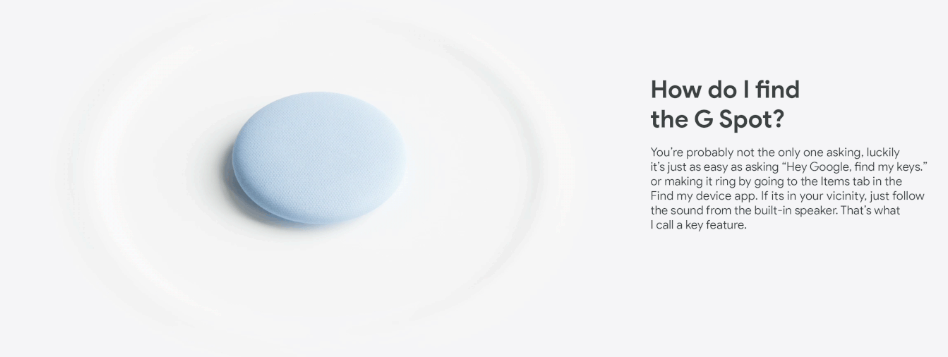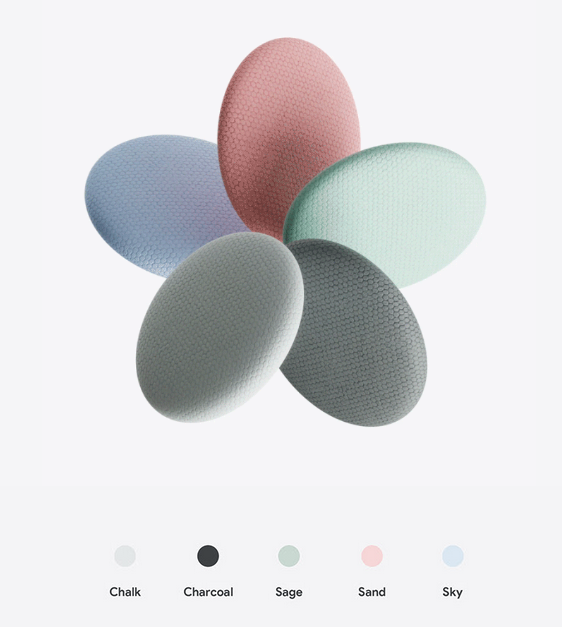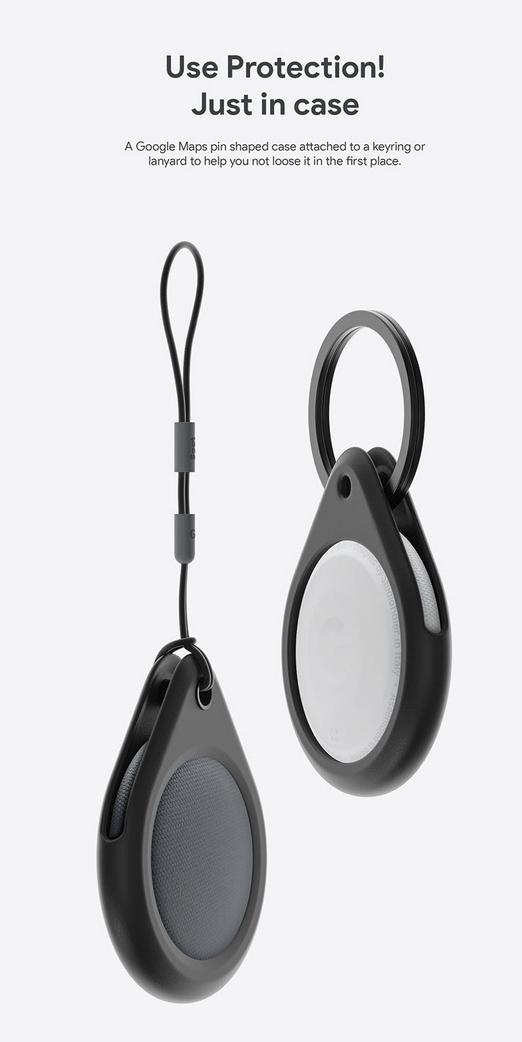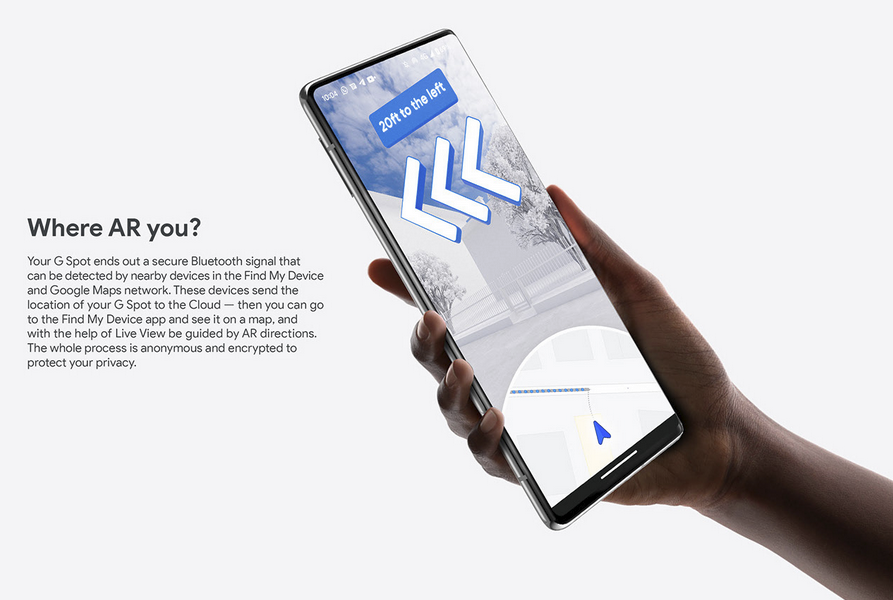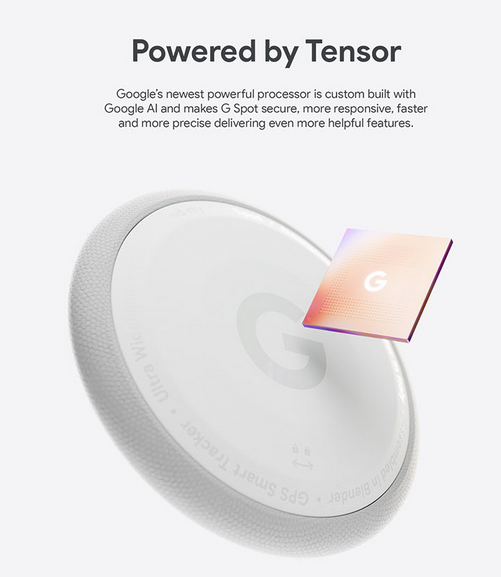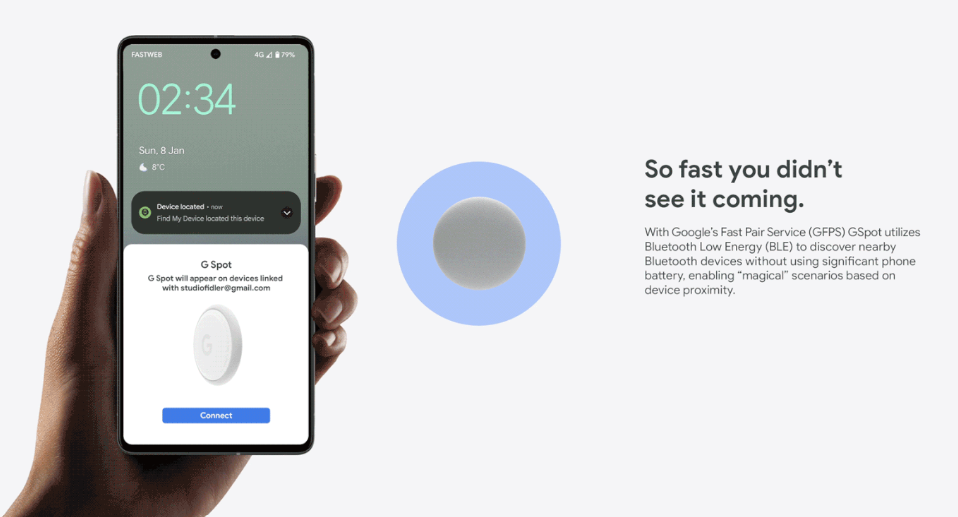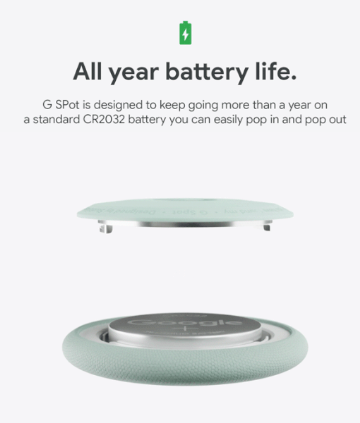Bluetooth tracker maker Tile wants to tamp down on people using trackers for crimes like stalking by threatening to slap users with a $1 million USD fine. The fine was announced as part of a new program that will also ask users to verify their identity with a government ID and allow Tile to share information with law enforcement.
Bluetooth tracking devices fell under increased scrutiny after Apple joined the game with its AirTag tracker. While the devices were intended for uses — like keeping track of important items like keys or wallets, or as anti-theft devices — trackers gained a more nefarious reputation as tools used by stalkers and thieves.
Plenty of reports have surfaced about people using AirTags to stalk people. There were also several vehicle thefts, including in Toronto, that involved slipping an AirTag or other Bluetooth tracker onto a car so thieves could find it later.
Thanks to the scrutiny, Apple and other tracker companies like Tile rushed out new anti-stalking features that enable victims to find unwanted trackers. The problem with that is that those tools can also help thieves spot trackers on stolen goods, effectively killing trackers’ anti-theft capabilities. Tile’s solution is a new ‘Anti-Theft Mode’ that hides it from the ‘Scan and Secure‘ anti-stalking feature, but only if users verify their ID and agree to the fine.
“All Tile customers now have the option to make their devices invisible to Scan and Secure, meaning thieves will not be able to misuse our stalking prevention features to locate and disable a Tile device after stealing your valuables,” Chris Hulls explained in a blog post shared on Medium. Hulls is the founder and CEO of Life360, the company that owns Tile.
Hulls goes on to detail that Tile users need to manually opt-in to the feature and when they do so, they must:
- “Verify their real identity with a government-issued ID”
- “Allow [Tile] to partner and share this information with law enforcement (even without a subpoena if stalking is suspected)”
- “Agree to pay a $1 million penalty if they are convicted in a court of law to have used Tile in a criminal manner”
Maybe it’s just me, but that seems like a pretty wild set of conditions just to use a Tile tracker in a specific way. Sure, you don’t need to do any of this, but even so, it seems shady. Moreso considering Life360’s history — the company offered a family-safety app that let people track the location of family members and got caught selling the precise location data of users of that app in late 2021 and in 2022 promised to switch to selling aggregate location data instead.
Elsewhere in the blog post, Hulls stresses that those who are “part of the 99.99% of our customers who follow the law” have nothing to worry about. “If you’re a criminal, we’ll do our best to make sure you feel the full weight of the law and face serious financial consequences if you misuse our products.”
To be fair to Hulls, he also dedicated a large amount of the blog post to dissecting the stalking problem and examining how solutions from Tile and Apple have worked (or failed) so far. It’s all very informative, though it doesn’t lead me to the conclusion that I should willingly hand over more of my data to Tile (I do, however, agree about increasing penalties for stalking since it’s a pervasive problem not limited to users of Bluetooth trackers).
Source: Tile Via: Android Police



